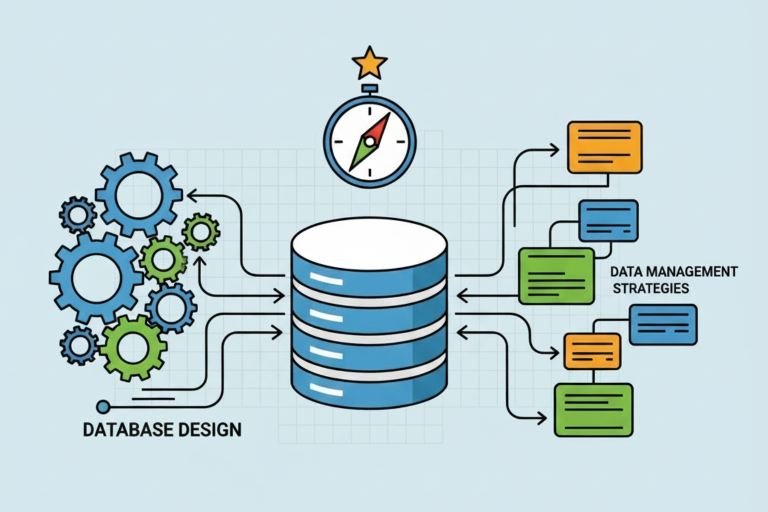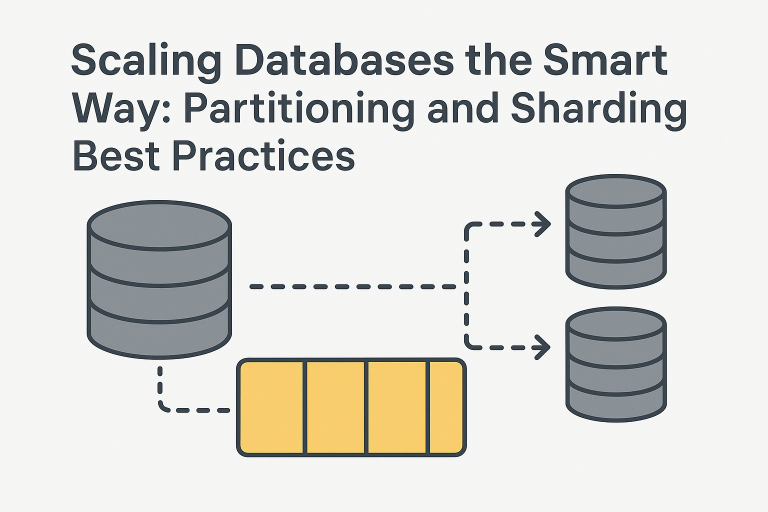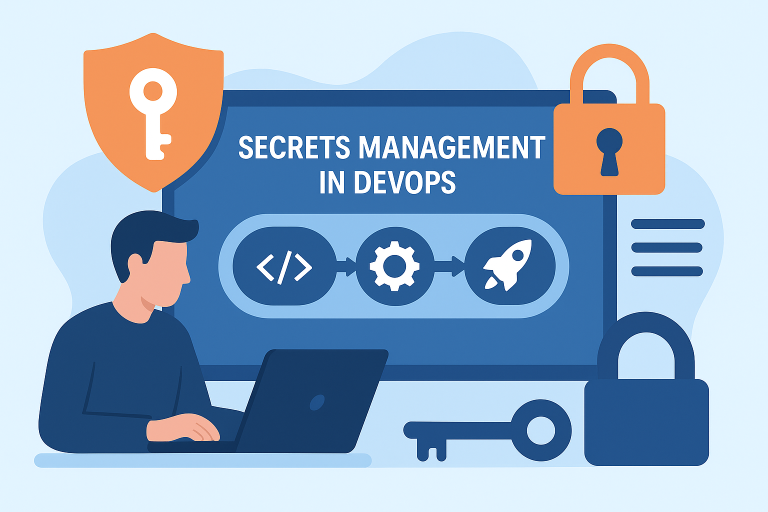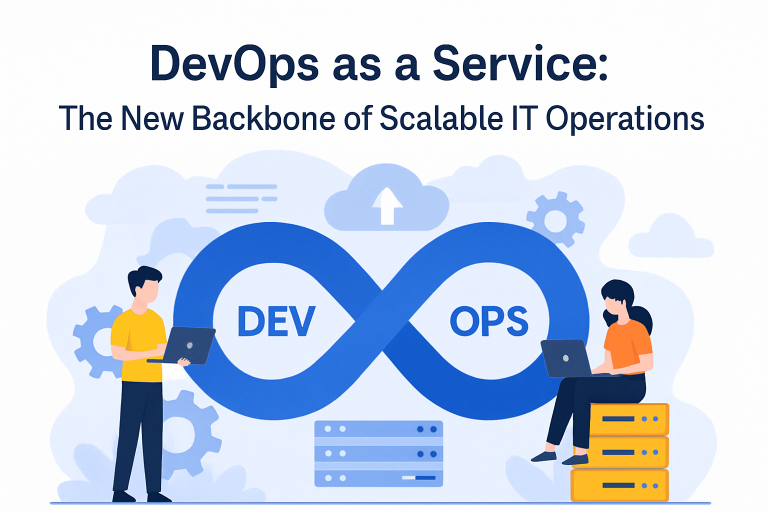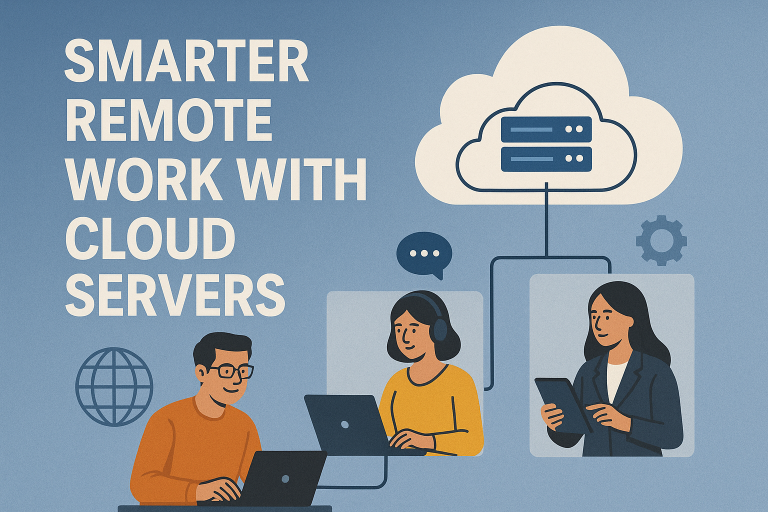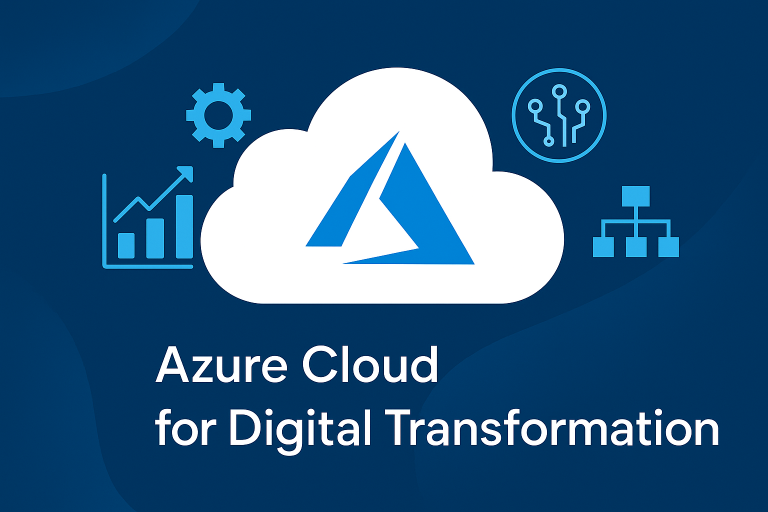
In today’s digital landscape, security is the pillar stone of MSP-customer relationships. Managed service providers (MSPs) are essential partners for many organizations, especially small and medium-sized companies, as they help enhance development processes while keeping IT expenses in check. However, as cyber threats become more sophisticated, organizations must prioritize robust security measures.
As MSPs take care of most core IT activities. A simple glitch in their system could compromise not only their system but their clients’ systems and information as well. So, the situation could be worse in no time. So, MSPs must take all possible measures to prevent this from happening. Ensure your MSP partner follows the best cybersecurity practices and focuses on maintaining your trust.
MSPs must have tools to prevent and mitigate security threats
To strengthen their defense against attackers, MSPs need well-documented plans for handling security breaches. Prevention is key; implementing proactive measures is essential to thwart potential threats. Here are a few effective strategies:
1. Implementing Email Authentication Protocols: Efficient email authentication protocols can help monitor the server’s vulnerabilities, prevent users from going to spam emails, phishing emails, and malicious websites, etc.
2. Train Employees: Statistics shows that a huge number of data breaches cause by human error. So, MSPs need to provide adequate training and awareness to their staff on cybersecurity practices.
3. Regular Cybersecurity Audits: Timely cybersecurity audits are essential for MSPs. They should include thorough IT infrastructure analysis and access reviews to identify former employees. Promptly revoking access permissions enhances client data protection.
4. Log Monitoring: Regular log monitoring helps identify glitches and detect malicious traffic and threat patterns. This practice enables corrective actions to close security gaps. Reputable MSPs often use Security Information and Event Management (SIEM) for improved data management and prioritization of responses.
5. Proactive Threat Detection: MSPs must utilize tools like endpoint threat detection and response, firewalls, email security, antivirus scanner etc., to defend the online attacks. Proactive threat detection practices can make MSPs more resistant to prevent cyber-attacks.
6. Vulnerability Assessment: Regular assessments help identify flaws in MSPs’ IT infrastructure, enabling the detection of zero-day attacks. Routine system updates, password changes, and configuration modifications enhance overall protection.
7. Remote Access Tools: MSPs also need to secure their remote access tools for the ultimate protection of their infrastructure and client’s as well. Here are some measures:
- IP Restrictions
- Multi-factor Authentication
- Regular update of Remote Monitoring and Management (RMM) Software
- Securing Remote Desktop Protocol(RDP)
An MSP should take other steps to mitigate risks, like keeping offsite data backups, using software to scan for vulnerabilities, and so on.
In addition to preventive measures, ensure your MSP has a robust protocol for handling accidental data breaches. Assume that a breach could occur and prepare accordingly. Confirm that your MSP has an effective response plan in place.
- All employees must be instructed to elevate any report of a security breach, either from the clients’ side or identification through internal assessment, directly to the concerned specialist who can take immediate steps to deal problem.
- The next step is to determine whether the breach can be resolved immediately. Even if it is a temporary solution, they must implement it to stop the problem from being more vigorous. Even if it needs to contain services as a protective measure, one should not hesitate.
- Analysis of the magnitude of the breach and related effects is crucial. This will help MSP to develop an actual recovery plan.
Effective communication crucial for breach remediation and recovery
Communication plays a vital role in the case of incidents like security breaches.
Along with impacted customers, clients who are not affected yet by a breach must be informed about the incident ASAP. An unimpacted customer could also be a victim over time. So, they must be informed about the situation along with all available measures to prevent and mitigate damages.
Impacted customers need to be informed about the actual situation, the severity of the attack, and what steps they should take to mitigate further damage. The customers also need to know about all updates on mitigative and restorative steps – at both a technical and business level.
Even when you find a fault at the customer end causing customer data theft, you must help your client to understand what are the business and legal requirements to protect their sensitive data.
Maintaining trust means having regulatory compliances and security policies in place
To deal with all circumstances of a security breach, MSPs need to have appropriate security policies in place, which can be followed to avoid any legal accusation or fine. A well-documented security policy helps to maintain a level of trust between MSPs and their customers.
Final thoughts!
Every managed IT services provider tries to maintain a top-notch security framework not only to protect their and customers’ assets but also to shield their market reputation. As security threats are ever-evolving, MSPs need to do their best to improve their cybersecurity approach and continuously update their security practices to prevent any kind of leakage. By implementing the above-mentioned strategies, they could predict, mitigate, and eliminate potential security threats quickly and also maintain a trustworthy relationship with their clients.
A reputed managed service provider can uphold your cyber resilience and also help you to keep your business ahead of the competition.
